The Moustached Journalist says;
It is crucial to remember that grassroots football plays a significant role in the growth of any nation’s sports industry by giving bright players who have not yet gained recognition exposure.
Taking into account the fact that every country hoping to become a global football powerhouse needs to devote enough resources to developing grassroots football.
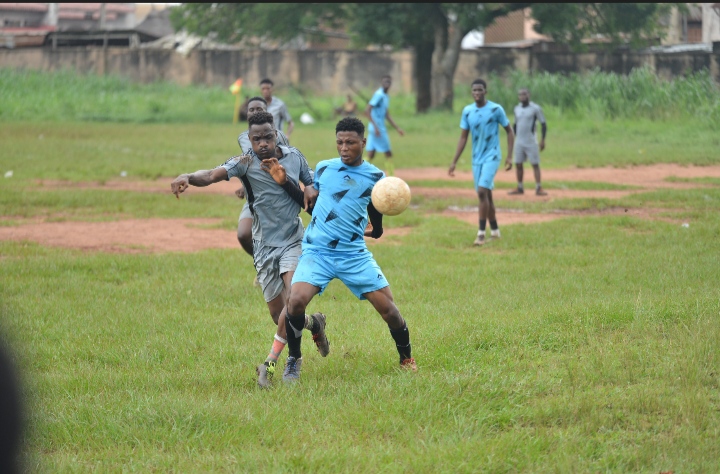
Particularly, to the open-ended process of selecting players and eliminating any kind of predispositions that are common in these regions of the world today. With unbiasedness, football at the grassroots level will sprout even better just as it were donkey years ago.
Recalling the heyday of Nigerian grassroots football, the quality of the athletic scene was not always so lacking. In actuality, it was very different from its current state when it reached its pinnacle in the 1960s and 1990s. Football activities at the grassroots level then had a clear structure, were well-funded, and had well-groomed players.
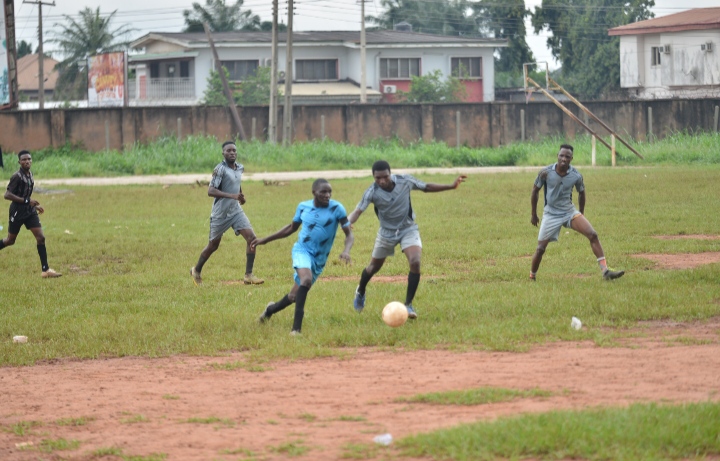
Following that, students from all educational levels including tertiary institutions participated in several football championships across the nation.
A select group of exceptionally talented players from these events frequently went on to represent the country in competitions on continental and international scales.

Despite its obvious importance, grassroots football has received poor support in Nigeria and has drastically declined.
However, if not for only the benevolence of a few sponsors who have prevented Nigerian grassroots football from going completely comatose.

If an unknown young talent is noticed at neighbourhood football games, he may even be signed to a professional team. This was the time when Nigerian grassroots football received all of the attention it deserved.
It should come as no surprise that the calibre of football talents generated during this era was far above what is currently observed.

This period undoubtedly corresponded with Nigeria’s triumph at the 1994 Olympics in Atlanta and a strong performance by the Super Eagles in the 1994 World Cup, as they advanced to the second round for the first time.
The FIFA U-16 and U-17 competitions were the first to cause issues with grassroots football in Nigeria. The majority of players were still in high school at that age. Coaches, ill-prepared for the tournaments, made the hasty decision to choose players from the streets.
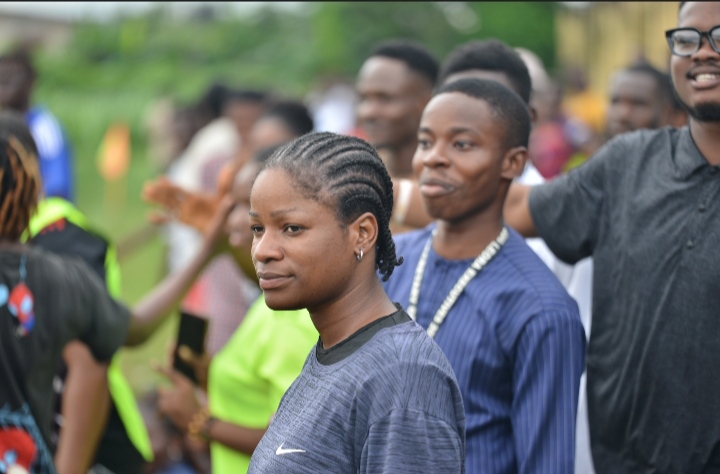
Nigeria gained victory in those competitions as a result of this, but it also planted the seeds of corruption in the system, making document falsification a common problem and damaging the nation’s image.
There are those in the Nigerian football community who think that the overabundance of commercialization of the sport is the reason behind the demise of grassroots football.
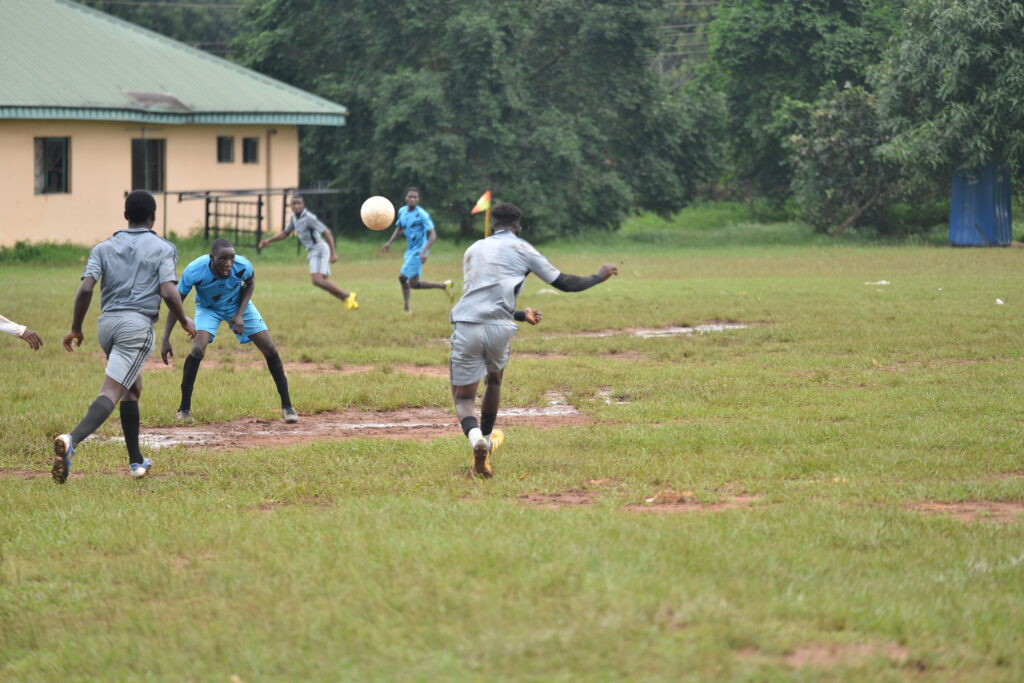
Other football experts think that Nigeria’s inability to create players of high calibre is due to the collapse of grassroots football in the nation.
If not for the generosity of a few sponsors, Nigerian grassroots football would have suffered greatly and received little assistance despite its clear importance. This has kept Nigerian grassroots football from collapsing entirely.
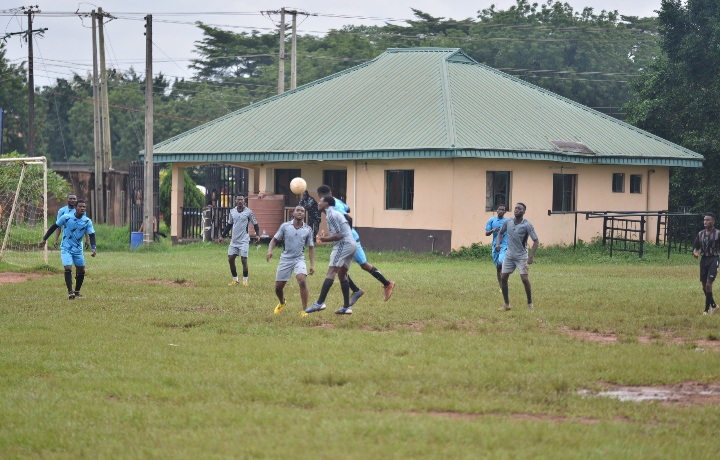
There are signs that the situation of grassroots football in Nigeria is improving, especially as the sector continues to attract corporate investment.
Grassroots football in Nigeria can improve if relevant bodies make the right decisions. Already, the neglect of football at the grassroots level has dashed the professional dreams of amateur footballers, who see playing as a means of escaping poverty.
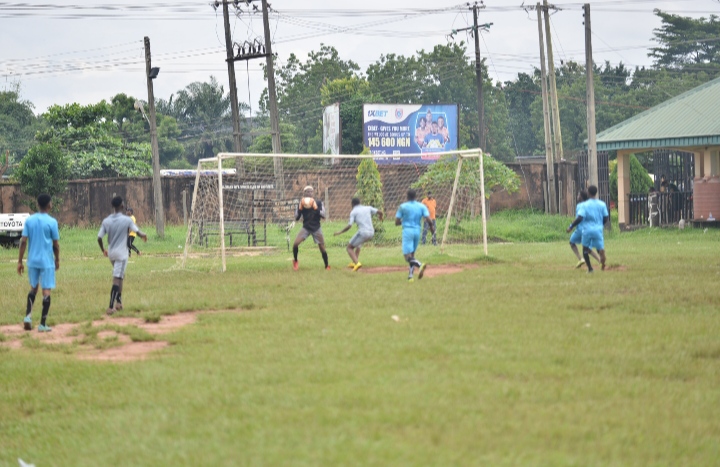
The government, in collaboration with private entities, should set up more academies and make them accessible to players from low-income areas.
Also, more money must be pimped into inter-school and inter-university football competitions. This will inspire more people to take part and lead to the discovery of more footballing talents.
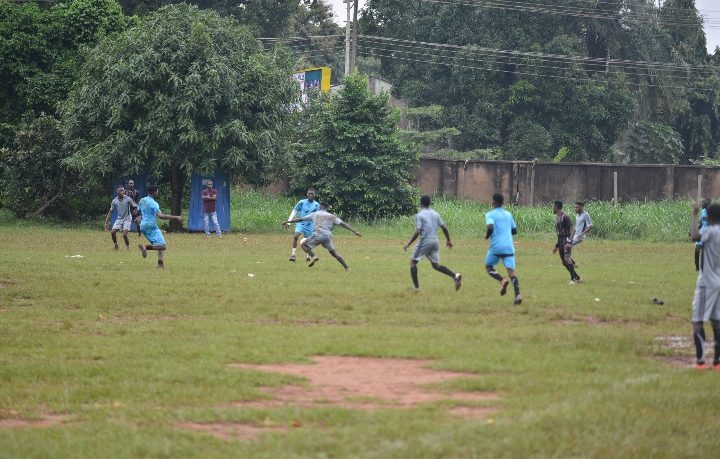
Finally, Nigerian football clubs must identify their method of grooming young talents. Only then will quality players appear and the national football culture improve.
Developing grassroots football in Nigeria requires a multi-faceted approach that addresses various aspects of the sport at the local level. Here are some solutions to foster the development of grassroots football in Nigeria.
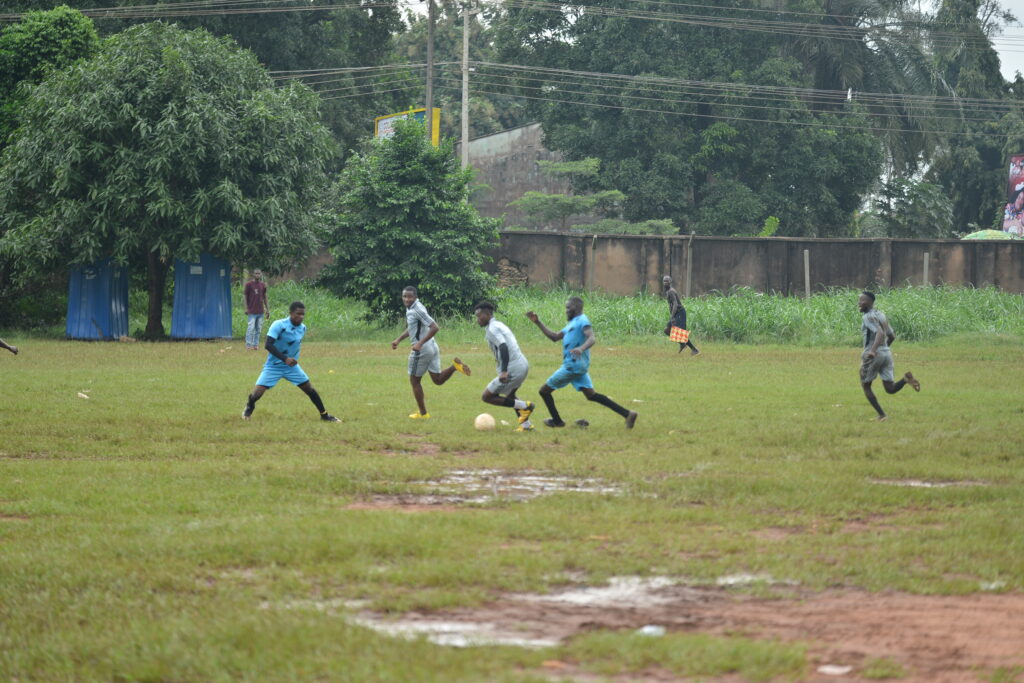
One of these is to invest in sporting infrastructure that will improve access to good playing fields, training facilities, and equipment in communities across Nigeria.
By so doing, this should include renovating existing facilities, building new pitches, and providing basic football equipment to grassroots clubs, academies and schools.
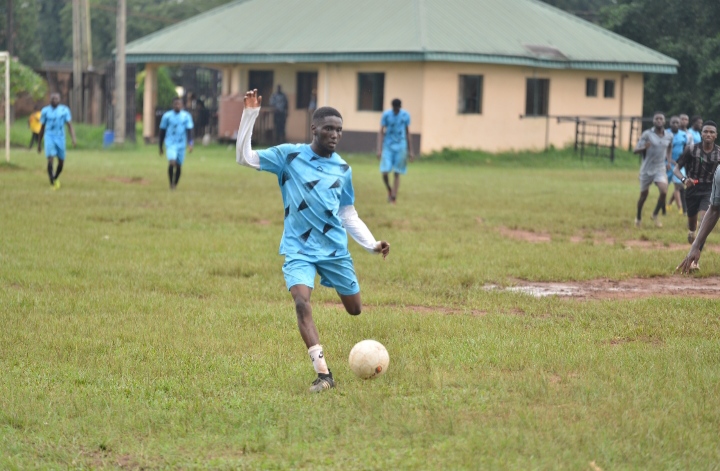
Another underlying cause will be providing training and certification programmes for coaches, referees, and administrators at the grassroots football level.
With the organization of coaching clinics, workshops, and seminars, there will be a rise in the quality of coaching and player development at the lowest level of Nigeria football.
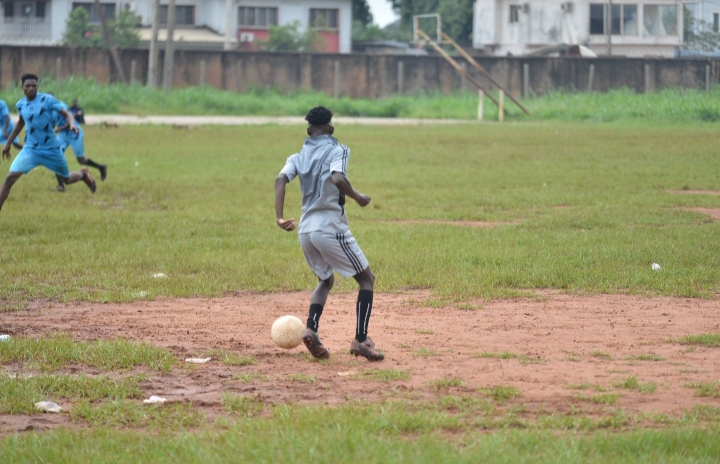
There should always be an urge to establish structured youth development programs in schools, communities, and local clubs to identify and nurture young talent from an early age.
These programmes should focus on developing fundamental skills, tactical understanding, and physical conditioning in young players.
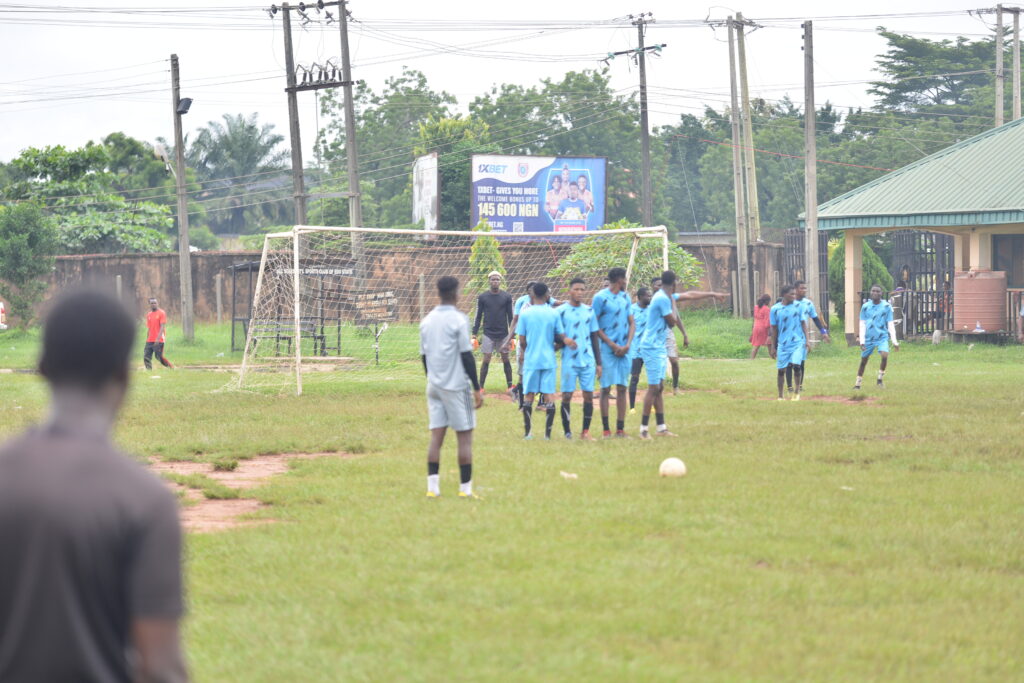
Also, carrying out different social campaigns to encourage participation in grassroots football among children and youth of all genders, socio-economic backgrounds, and physical abilities.
This can be achieved through grassroots leagues, tournaments, festivals, and outreach programmes that engage local communities and schools.
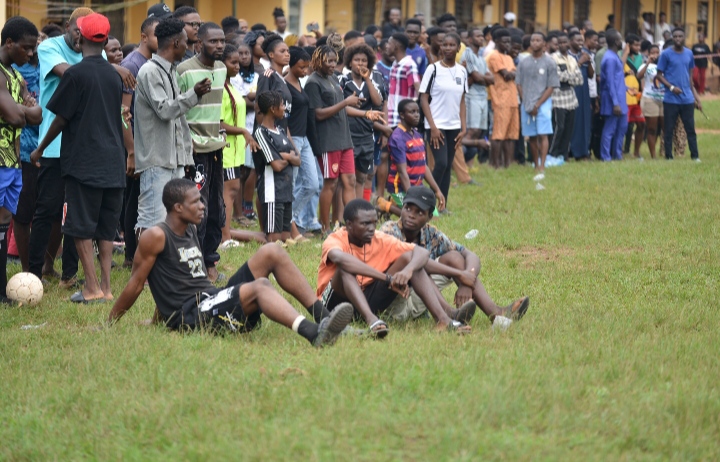
In addition, the government can integrate football into the educational curriculum to promote both academic and athletic development among young people.
This can involve incorporating football-related activities, training sessions, and competitions into school schedules and physical education programmes.

Through fostering partnerships with local communities, government agencies, non-profit organizations, and corporate sponsors to support grassroots football initiatives in promoting the importance of football as a tool for youth development and community building. This will help to improve the overall quality of grassroots football talents.
If grassroots football programs can have access to adequate resources, including funding, equipment, transportation, and administrative support such as securing sponsorships, grants, and donations from public and private sector stakeholders to sustain grassroots football activities. It will help encourage and nurture more amateurs into world-class football stars.

With the implementation of talent identification programs and pathways that provide opportunities for talented players from grassroots clubs, academies and schools to progress to higher levels of the game through establishing scouting networks, talent identification camps, and player development academies.
The need to emphasize the importance of sportsmanship, fair play, respect, and discipline in grassroots football programmes should be discussed by instilling positive values and behaviours in young players through coaching, mentorship, and role modeling by coaches and club officials.

Regular monitoring and evaluation mechanisms to assess the impact and effectiveness of grassroots football development initiatives will identify areas for improvement, and program outcomes and adjust strategies as needed to ensure continuous progress.
By putting all these into action, Nigeria can foster the growth and development of grassroots football, harnessing the country’s immense talent and passion for the sport to create a brighter future for our football.
All pictures used are credits of Odigrapher and products of Ekehuan Campus (UNIBEN) Departmental Cup 2023.
